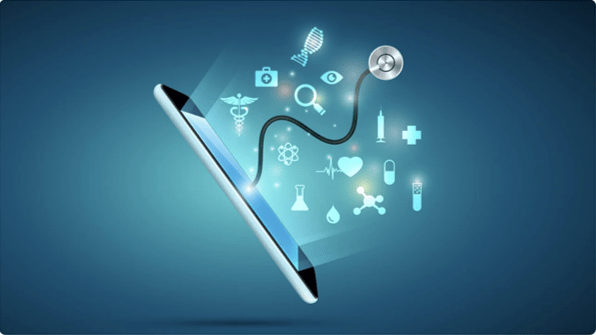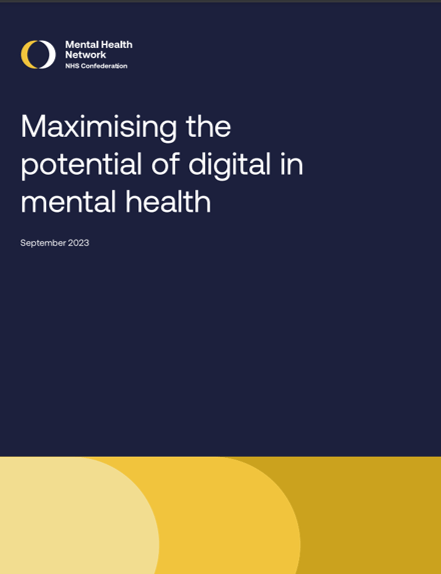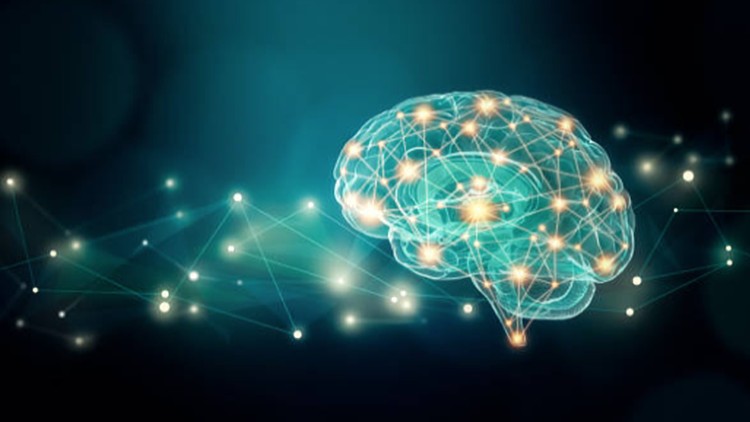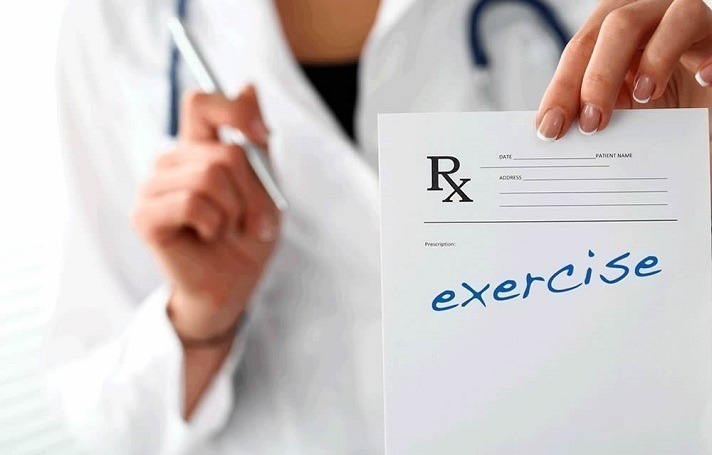Brain/ Mental Health
Beyond the clinic: Can digital therapeutics (DTx) help boost mental health in the workforce at scale?
Hoping to Avoid Pear’s Fate, Behavioral Health-Focused DTx Companies Look to Employer Market (Behavioral Health Business): The digital therapeutics (DTx) industry is at a crossroads after one of the most prominent companies in the space, Pear Therapeutics, filed for bankruptcy earlier this year. The turmoil comes after DTx began catching on in the behavioral health…
Read MoreFour reasons to question “new generation” monoclonal antibody Alzheimer’s drugs such as aducanumab (Aduhelm), lecanemab (Leqembi), donanemab
New Alzheimer’s Drugs Don’t Deserve the Hype (Being Patient): A prominent childhood memory is of my grandparents living with and then dying from dementia. As is universal with dementia, there was a double blow: watching my grandparents lose their identity and seeing the suffering of those closest to them.
Read More“To do nothing is not an option”: The NHS Confederation releases digital mental health whitepaper
The NHS Confederation–the membership organisation for healthcare providers in England, Wales and Northern Ireland– has just released a quite comprehensite 45-page whitepaper titled Maximising the potential of digital in mental health. Some of the highlights: To do nothing is not an option. If we don’t make more progress we miss a key opportunity to make…
Read MoreNext: Harnessing Neuroplasticity, Medication AND Psychotherapy to treat mental health conditions
There is mounting recognition in the scientific community that combining different treatment approaches for mental health conditions can create a benefit greater than the sum of its parts. As a clinical psychologist and neuroscience researcher, I have been working to integrate insights from both fields to expand treatment options for those suffering from depression, anxiety and…
Read MoreTime for a universal “exercise prescription” for kids and adults to boost cognition and mental health?
Welcome to a new edition of SharpBrains e‑newsletter, featuring this time a range of brain research findings, tools and controversies plus some brain teasers to challenge your (and our) working memory. #1. Major evidence review supports an “exercise prescription” for most adults to boost mental health “Higher intensity physical activity was associated with greater improvements”…
Read MoreEvidence review: Physical exercise helps boost attention, cognitive flexibility and inhibitory control in children and adolescents with ADHD
The impact of physical exercise on ADHD has been examined in a large number of studies. Collectively, these studies have examined whether exercise reduces on core ADHD symptoms, e.g., inattention and hyperactivity/impulsivity, and strengthens executive functions, e.g., inhibitory control, working memory, and mental health, e.g., emotional and social functioning. Overall, results across multiple studies suggest…
Read More





